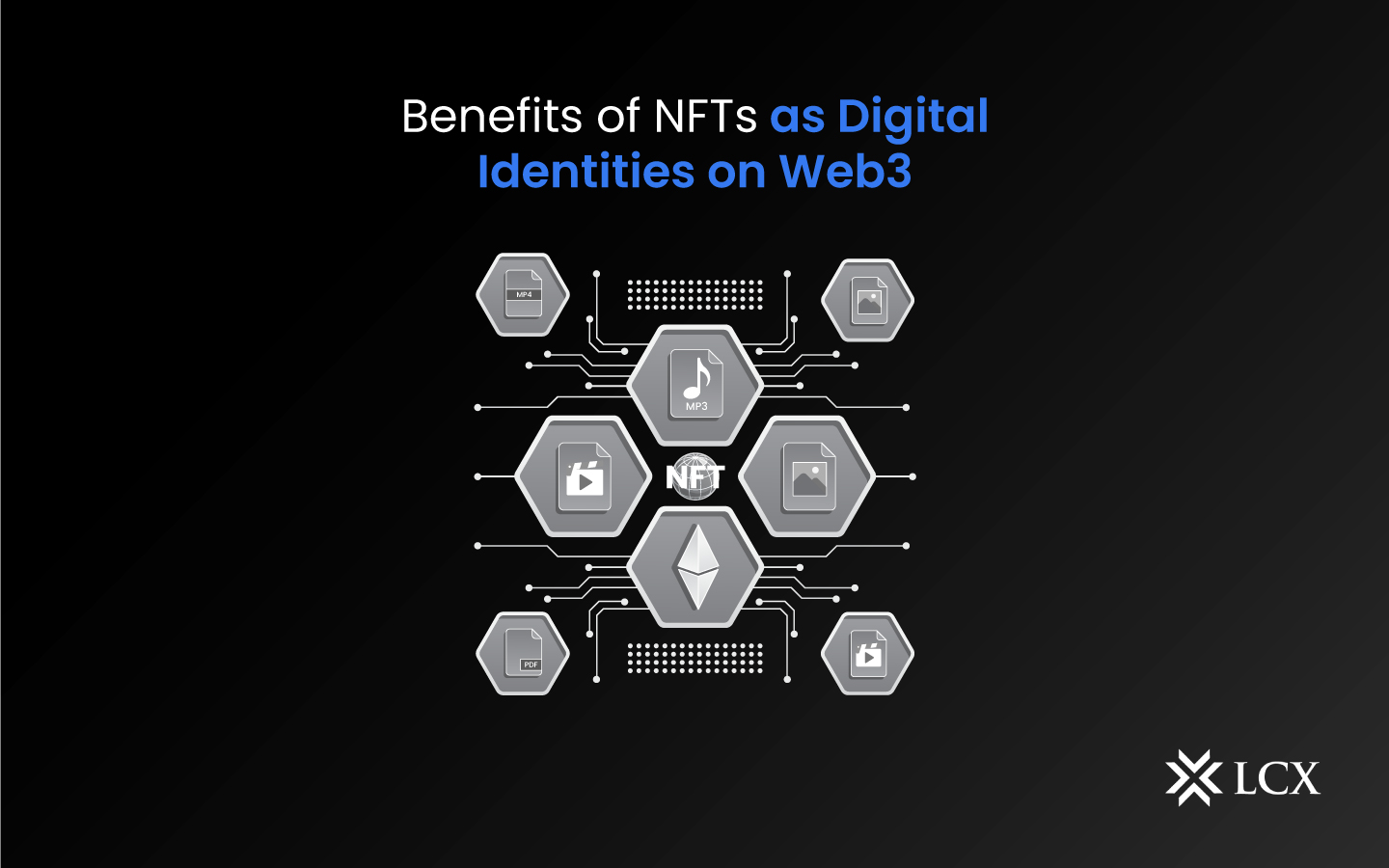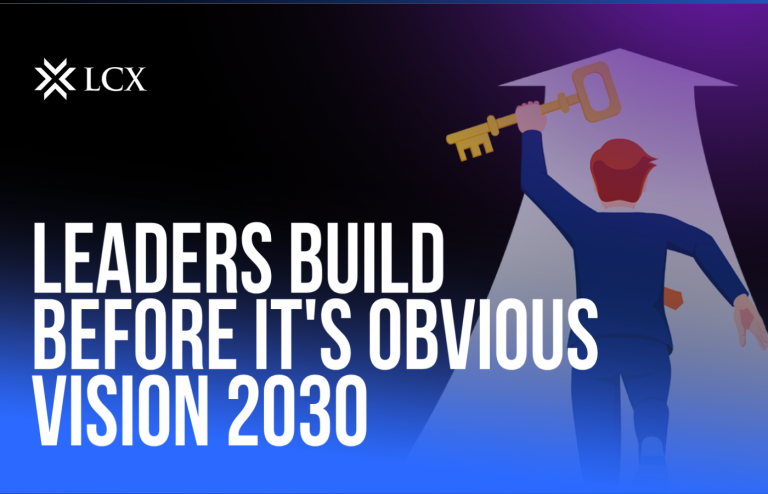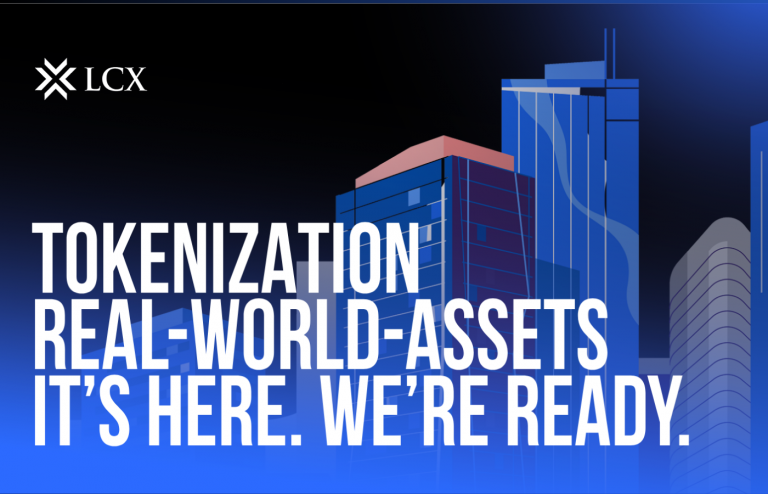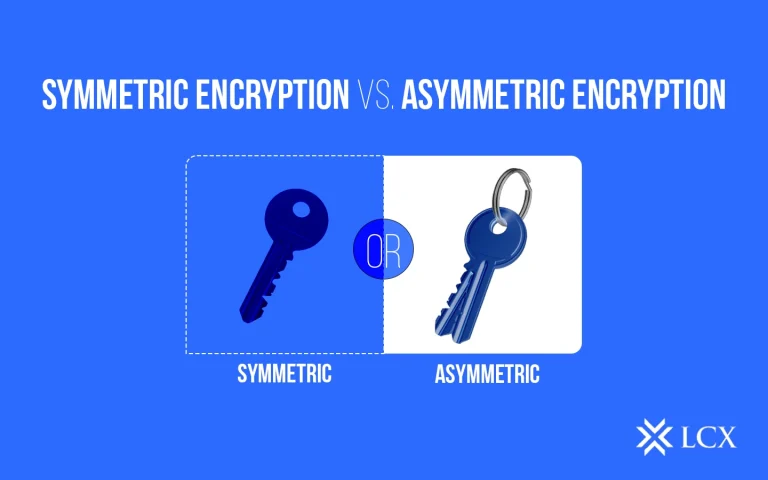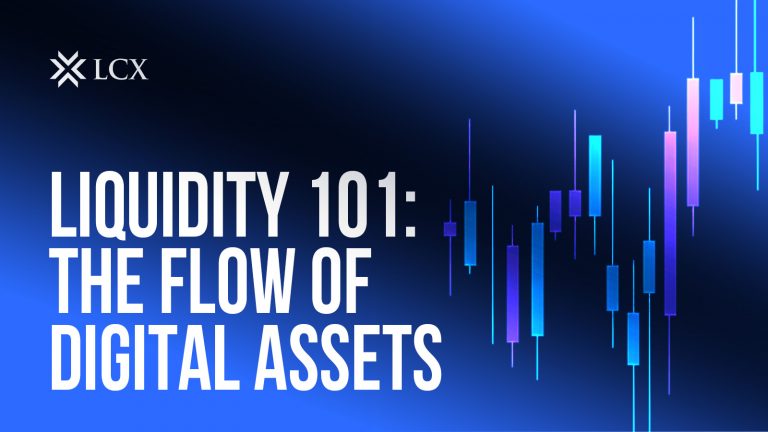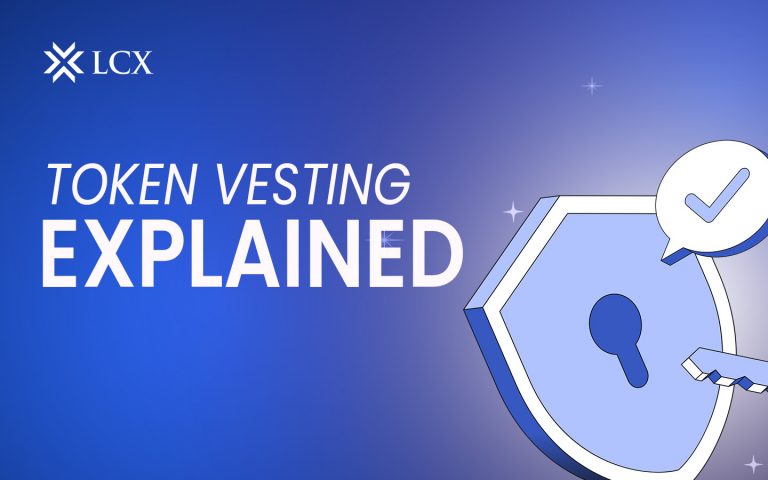In the present day, the private information that comprises an individual’s digital identity is frequently centralized and linked via apps, gadgets, and external services. Users lack authority over what personal information they share and how it is shared, making it potentially prone to data hacking and scams.
The introduction of Web3 has altered the manner in which we interact online. Individuals can be the sole proprietors of their data on a decentralized internet where blockchain-based applications operate independently and without intermediaries. Users of Web3 can personalize their profiles and store personal information in a single account that can be used for everything online, from browsing social media platforms to signing into their cryptocurrency wallets.
What Is Web3 Identity and Why Is It Needed?
The evolving philosophy of decentralized identity proposes that identity information should only be possessed by the person that it represents. Users are able to generate and manage their digital identities independently of third-party service providers. Decentralized digital identity (DDID) is a decentralized system designed to rebuild the current centralized identity administration using blockchain technology.
Web3 identity is a decentralized system that enables users to take control of their digital identities. These are the primary characteristics:
- Users have control over their personal information and data and are not dependent on centralized institutions like governments or corporations.
- Based on the fundamental principles of security, confidentiality, and liberty.
- Users can link their digital identities to their real-world identities, or they may opt to remain hidden.
Web3 identity technology has the ability to solve many issues because of the following features:
- Wholly owned and managed by the user (company or individual).
- Decentralized data storage on user devices, as opposed to centralized storage systems, makes it significantly more difficult for hackers to gain entry to private information.
- Users may confirm themselves without sharing personal information such as their name or address, thereby enhancing the security of their identity.
- People can securely log into websites and applications with a single set of credentials as opposed to managing so many accounts, resulting in a significantly enhanced user experience.
What Are the Advantages of NFTs as Digital Identities on Web3?
Non-fungible tokens, or NFTs, have recently received a great deal of attention as a tool to generate and possess distinctive digital assets. NFTs can also play a significant role in Web3 digital identity management. Here are the advantages of utilizing NFTs as digital identities on Web3.
- NFTs can provide individuals on Web3 with an identifiable and valid identity. Data relating to individuals is usually kept in a central database that is susceptible to data breaches and cyberattacks within conventional digital identity systems. NFTs, on the other hand, can be used to generate decentralized digital identities that are unique to each individual and confirmed by a network of nodes. This significantly increases the difficulty of impersonating or duplicating a digital identity, thereby enhancing security and decreasing the likelihood of data intrusions.
- They can be used to build trust between Web3 identities and individuals. Because each NFT is unique and authenticated on the blockchain, this can be used to verify an individual’s identity and establish online trust. An NFT could be used, for instance, to confirm the identity of an individual when applying for a position or executing a business agreement. This is to decrease fraudulent activity and improve communication via the internet.
- NFTs can give individuals more privacy and control over what they share with others. By utilizing NFTs for decentralized digital identity management, individuals can decide what information to share and with whom. It gives them more authority over their confidential data and reduces the likelihood of its misuse or mistreatment. In addition, as personal information is maintained on a decentralized network, there is no singular point of failure that hackers or attackers could leverage.
- It can facilitate increased interoperability among Web3 platforms and services. Due to the fact that digital identities can be recorded and validated on a decentralized network, they can be readily transferred between platforms and services. This simplifies the management of digital identities across multiple domains and reduces the requirement for multiple logins and passwords.
- They can enable intriguing applications for digital identities on Web3. For instance, an NFT could be used to confirm a person’s age in order to purchase age-restricted products or to grant access to specific social networks or events. Because NFTs are capable of representing any unique digital asset, the potential uses for digital identities are infinite.
Conclusion
Decentralized digital identity is one of the most recent technologies that could contribute to the advancement of the Web3 revolution. Users in the metaverse have the benefit of increased protection of their data while also having access to every single piece of information without having to remember various identities and passwords. NFTs offer significant advantages as Web3 digital identities. They can offer a unique and valid identity, build confidence between individuals and entities, allow for increased ownership and confidentiality over personal information, increase interoperability between platforms and services, and facilitate innovative applications for digital identities. As Web3 keeps growing and expanding, we can anticipate that NFTs will play a greater role in the administration of digital identities.
